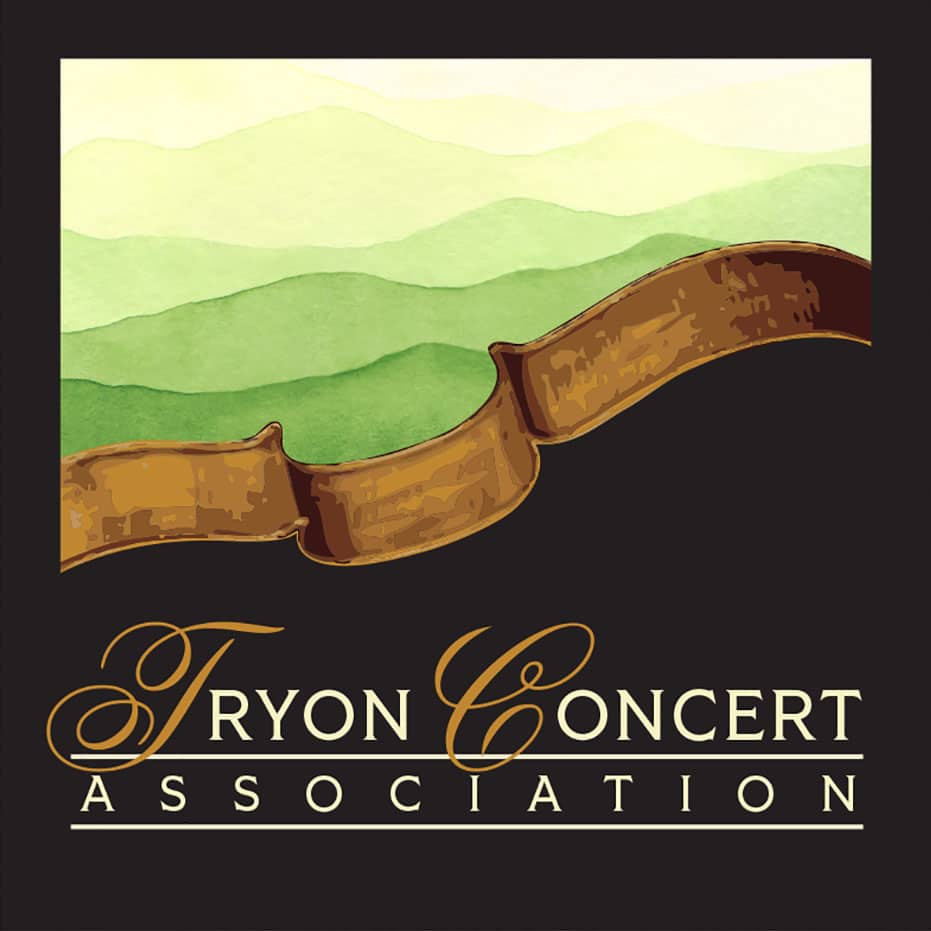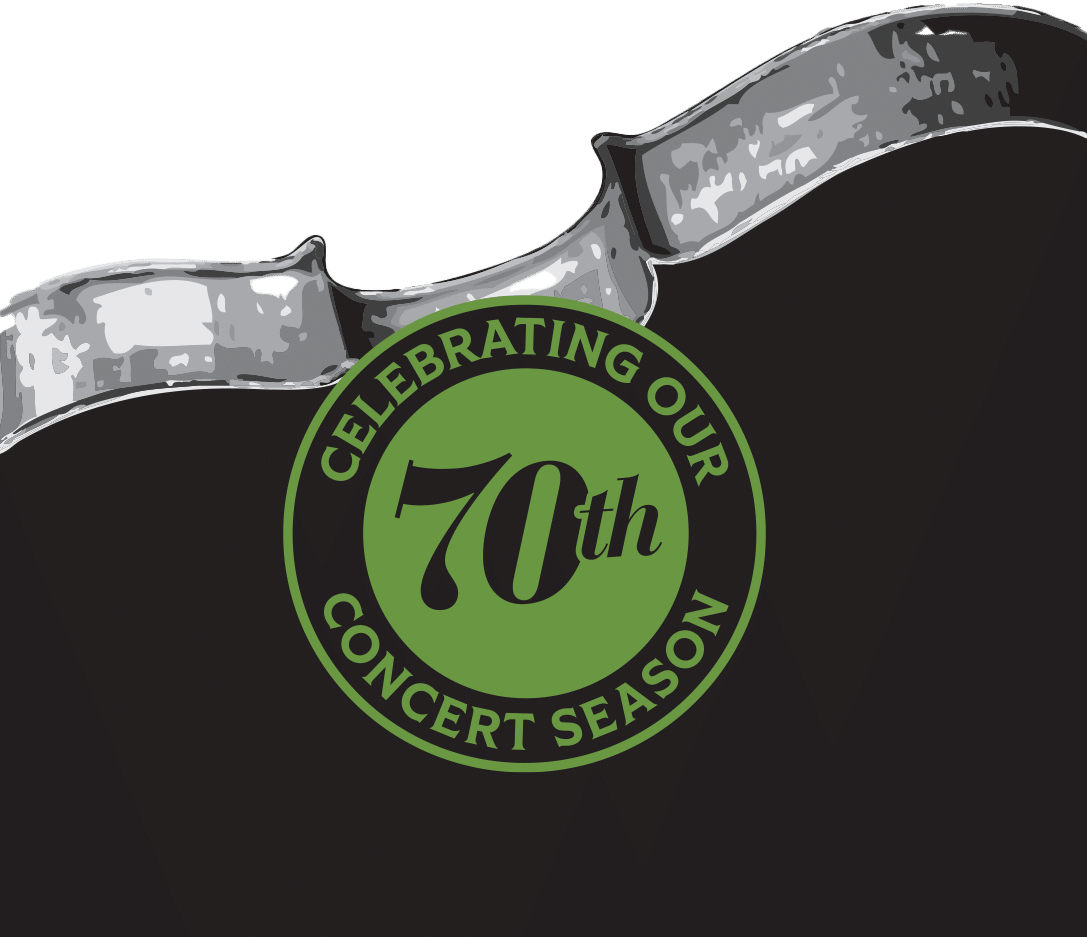 Next Thursday, November 12 at 8:00 pm at the Tryon Fine Arts Center, we will have the inestimable pleasure of hearing a premier interpreter at our grand piano, playing three of the greatest piano sonatas the world has ever been given: the final sonatas of Haydn, Beethoven, and Schubert.
Next Thursday, November 12 at 8:00 pm at the Tryon Fine Arts Center, we will have the inestimable pleasure of hearing a premier interpreter at our grand piano, playing three of the greatest piano sonatas the world has ever been given: the final sonatas of Haydn, Beethoven, and Schubert.
You would guess that makes us pretty lucky… and you would be right! I decided to catch up with pianist Kymric Mahnke, who is a member of TCA’s Board and Programming Committee, to find out what I could about the artist, pianist Peter Rösel. We had a lively interview which I thought was worth sharing before the concert. Enjoy!
Rex: Kym, you have an interesting story about the first time you heard Peter Rösel play. Please tell us about that.
Sure, Rex. Most people would agree that life’s most vivid memories involve surprises. During the time I was a student at the University of North Carolina at Chapel Hill, North Carolina State University in Raleigh had a concert series called The Friends of the College. These were huge concerts in terms of attendance— several thousands in the audience drawn from the three university cities of Raleigh, Durham, and Chapel Hill— that took place in the old Reynolds Coliseum. If a big classical music event was touring the United States— say the Philadelphia Orchestra conducted by Eugene Ormandy, or the Cleveland Orchestra with George Szell— it inevitably stopped there for a concert because of the huge draw. Sometime in the mid to late 1970s— I can’t remember the year exactly— the Leipzig Gewandhaus Orchestra was scheduled to play at The Friends of the College. I went with a bunch of friends from music school— string players and pianists.
Rex: Was there a reason you and your friends wanted to hear that particular orchestra?
Yes there was. You and I are old enough to remember that, in the 1970s, the Cold War was still the reality. Leipzig is in East Germany, and was, at that time, behind the Iron Curtain. It was rare that musicians from the Soviet Union, or communist eastern Europe, were able to tour the U.S. As far as pianists, there were Gilels, Richter, and later Lazar Berman. Same with orchestras. You only knew so much about what was going on musically in those countries back then— but we did know that their musicians were incredible virtuosi.
Kurt Masur was an East German conductor who was making quite a splash at the time, both with recordings and as a guest conductor. The Leipzig Gewandhaus Orchestra was his main gig. That orchestra has quite a rich history, you know. Not only is it the world’s oldest continuously operating civic orchestra, going back to the mid 1700s, but Mendelssohn served as its conductor at the height of his fame. Today it is the largest orchestra in the world in terms of number of personnel. To give you an idea of the importance of its history, the Leipzig Gewandhaus Orchestra was the only orchestra to perform all nine of Beethoven’s symphonies while the composer was still living!
So as you might imagine, when we heard that the Leipzig Gewandhaus Orchestra was being let out of the Eastern Block for a world tour, there was no way we were going to miss that concert!
Rex: Since we are talking about Peter Rösel, I can only assume that the surprise you are going to talk about was not the orchestra?
 Well, the fact that the orchestra was all spit and polish, white tie and tails, with the lushest string sound you ever heard this side of Philadelphia— that was not the surprise. Everyone expected that. The surprise was the young piano soloist who played Prokofiev’s 2nd Piano Concerto just before intermission. Peter Rösel. The pre-concert publicity had not even mentioned him.
Well, the fact that the orchestra was all spit and polish, white tie and tails, with the lushest string sound you ever heard this side of Philadelphia— that was not the surprise. Everyone expected that. The surprise was the young piano soloist who played Prokofiev’s 2nd Piano Concerto just before intermission. Peter Rösel. The pre-concert publicity had not even mentioned him.
Most people don’t know the Prokofiev 2nd. Everybody plays the 3rd. One reason, is that the 2nd is atrociously difficult— not that the 3rd is easy! But the 2nd has the longest and, I must say, most spectacular cadenza in the first movement that you will ever hear. Rösel’s playing was virtuosic, elegant, bursting with feeling— perfect! Just beyond belief. When he got through, there was bedlam. It was unforgettable.
Rex: It sounds like it was almost a transformative moment for a bunch of young musicians!
Of course, when we had earlier walked into the coliseum and looked at our programs, none of us had ever heard of him. After he played, the same question was repeated over and over— what else might be over there in communist eastern Europe? Or elsewhere in the world? Understand, we had heard the greatest artists during those years— Stern, Perahia, Menuhin, Rose, Rubinstein, Horowitz, Brendel, Graffman— the list goes on. But the point that was driven home to all of us was this— you did not have to have the most famous name to still be able to really play. That is a great lesson for everyone who simply aspires to do well.
Then, after teaching for some years as a piano professor in college, I left music for more than 25 years to pursue life as a lawyer. I lost track of what most musicians were doing, including Mr. Rösel.
Rex: So tell us how it came about that TCA was able to engage Mr. Rösel to play in Tryon 35 years later.
That’s an interesting story. The Programming Committee is always looking for the very best that we can bring to Tryon. When I checked into Mr. Rösel’s recent activities, it was apparent he was as active as ever, playing primarily in Europe and the Far East. He had recently performed all over the world all 32 of Beethoven’s piano sonatas— that takes a total of eight different recitals each time through— and had recorded all of them from those live performances. In addition, he is in the middle of a project to record all of Mozart’s significant piano concertos. Needless to say, he is absolutely revered in his native Germany.
I found that he had recently played with the Florida Orchestra, which is the big orchestra in the Tampa Bay area. I called the orchestra’s office there to inquire about how things had gone with Mr. Rösel’s concert. They told me it was an enormous success, and that they wanted to have him back. They stressed to me that the orchestra’s musicians loved him. That, right there, tells you all you need to know.
We were able to work out the arrangements, which was no small feat when you are bringing someone from eastern Europe without an agent here in the states. His agent in Berlin, Monika Ott, has been a pleasure to work with, however. She made it easy.
Rex: Can you tell us a little more about his background— his history?
Well, I can’t do a better job than Joella Utley does in her program notes that appear on TCA’s website. But there are a couple of things your readers might find interesting. Mr. Rösel was born in Dresden. His mother was a member of the Semperoper’c chorus, his father was a conductor. So he grew up in a musical family. The Semperoper is the famous opera house in Dresden that has premiered so many of the world’s greatest operas— Wagner’s Rienzi, The Flying Dutchman, and Tannhäuser, Richard Strauss’s Salome, Elektra, Der Rosenkavalier, to name just a few! But Mr. Rösel was born on February 2, 1945. You might remember that only a week or two later, the famous allied fire bombing of Dresden was carried out, wiping out the hospital he was born in, and his home, not to mention just about the entire city. We are blessed that he is with us this week— and I guess he is too!
He was the first German ever to win a prize at the famous Tchaikovsky competition in Moscow. He studied at the Moscow Conservatory, so Russian music is in his blood. His recordings of the Rachmaninoff piano concertos and Paganini Rhapsody are as good as it gets. Same with his recording of Pictures at an Exhibition.
Speaking of his recordings— for years they were not generally available in the West. The very fine record label, Berlin Classics, has now taken to releasing many of Mr. Rösel’s recordings made over the years. Those include most of the great piano concertos, tons of solo piano music (his set of the complete works of Brahms is especially noteworthy), and some great chamber music.
Rex: It is just incredible that we are having someone of his stature here. But I am struck by the fact that, for his program in Tryon, he has chosen the last piano sonatas of each of Haydn, Beethoven, and Schubert. That’s a completely different kind of repertoire than the Prokofiev or Rachmaninoff piano concertos.
Rex, you are so right. The works he has chosen to play for us are in an entirely different world. They are, for many, the absolute pinnacle of the classical pianist’s art. While they certainly contain plenty of technical difficulties for the pianist, the real difficulty lies with their artistic challenges. Imagine! These are the very last piano sonatas composed by the three greatest composers of the classical piano sonata who ever lived— Haydn, Beethoven, and Schubert. It goes without saying that each of them is a miracle unto itself. Again, I urge your readers to read Joella Utley’s program notes on these works before the concert! When played by a master like Peter Rösel, there is nothing better to be played on the piano. Or heard by all of us!


